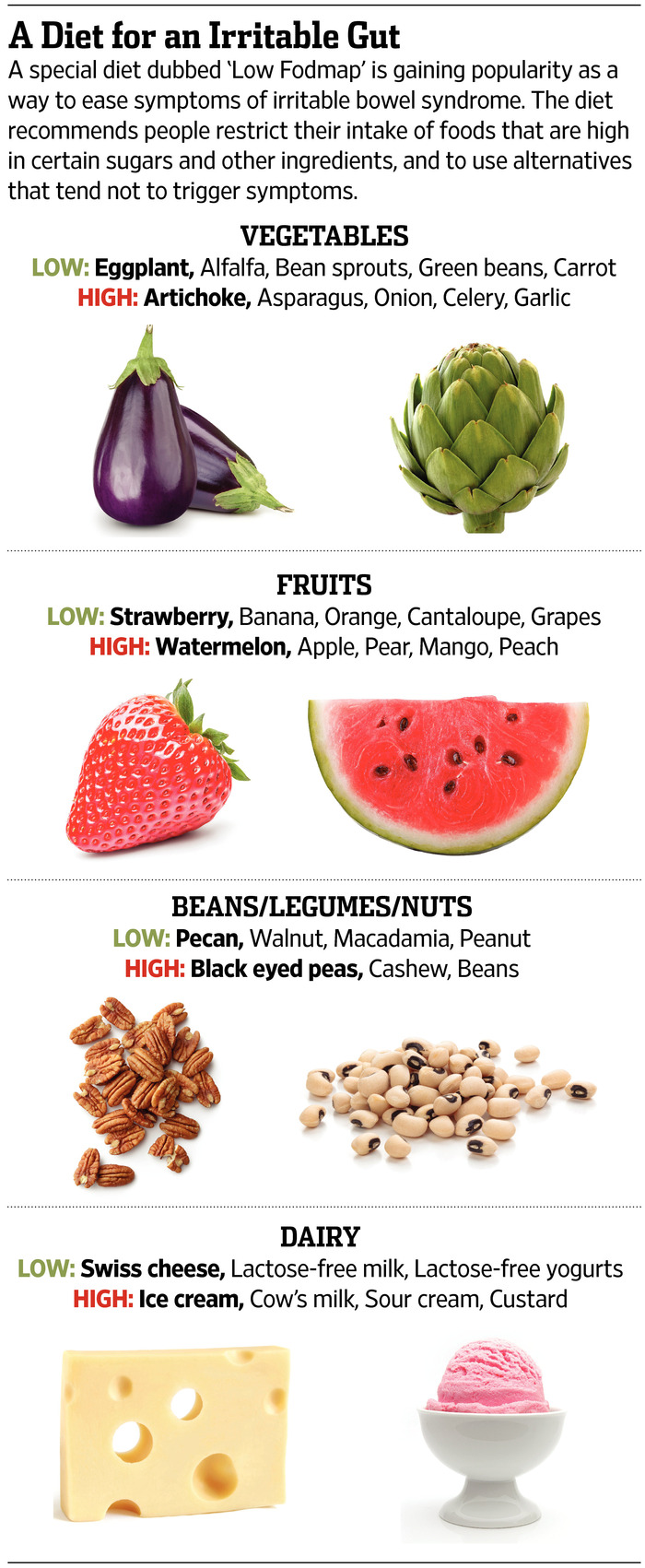Irritable Bowel Syndrome (IBS) affects millions worldwide, causing uncomfortable gastrointestinal symptoms such as bloating, cramping, diarrhea, constipation, and abdominal pain. Although there is no cure for IBS Dubai, modifying dietary habits can alleviate distressing symptoms. Certain foods exacerbate IBS flare-ups, and eliminating or limiting them may improve overall comfort.
High-fructose foods and drinks:
High-fructose corn syrup (HFCS) is widely used in processed foods and drinks, contributing to poor digestion and heightened sensitivity in individuals with IBS. Opt for natural sweeteners like honey, maple syrup, or coconut sugar instead. Moreover, limit fructose-rich fruits consumed alone or in large quantities, favoring low-fructose alternatives like berries, citrus fruits, or melons.
Gluten-containing grains:
While gluten isn’t inherently problematic for everyone, its presence in wheat, barley, rye, and triticale can trigger IBS symptoms for some. Opt for gluten-free grains like quinoa, brown rice, oats, or buckwheat to minimize reactions. Always read labels carefully, as hidden sources of gluten may lurk in unexpected places like sauces, dressings, and seasonings.
Fried and fatty foods:
Fatty meats, dairy products, deep-fried dishes, and rich desserts slow gastric emptying, increasing the likelihood of bloating, discomfort, and altered bowel movements. Instead, select leaner cuts of meat, low-fat dairy substitutes, baked or broiled entrees, and lighter dessert options featuring fruits, nuts, or dark chocolate.
Legumes and cruciferous veggies:
Despite being nutrient-dense powerhouses, legumes (beans, lentils, peas) and cruciferous veggies (broccoli, Brussels sprouts, cabbage) contain complex carbohydrates called fermentable oligosaccharides, disaccharides, monosaccharides, and polyols (FODMAPs). These compounds often provoke digestive disturbances in individuals with IBS. Try consuming small amounts of well-cooked legumes or steamed, chopped vegetable varieties to assess tolerance levels.
Caffeinated drinks and alcohol:
Stimulating beverages like coffee, tea, soda, and energy drinks can aggravate IBS symptoms due to their laxative effects and propensity to increase gut motility. Limit caffeine intake gradually, replacing offenders with herbal teas, infused water, or decaf alternatives. Moderate alcohol consumption is generally permissible unless sensitivities dictate otherwise.
Spicy and artificially sweetened foods:
Spices and hot peppers stimulate nerve endings in the digestive tract, possibly inducing painful spasms and heartburn. Likewise, artificial sweeteners found in sugar-free chewing gum, candy, and soft drinks may cause bloating, flatulence, or diarrhea. When feasible, opt for milder flavorings or natural sweeteners derived from fruits, roots, or leaves.
 The Future of Engineering Companies: Trends to Watch in the Next Decade
The Future of Engineering Companies: Trends to Watch in the Next Decade  What Sets a Quality Dental Clinic Apart from the Competition?
What Sets a Quality Dental Clinic Apart from the Competition? 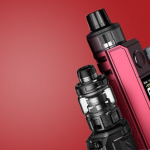 What To See In Vape Delivery Before Ordering Vape Products
What To See In Vape Delivery Before Ordering Vape Products 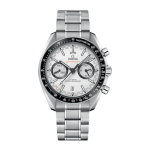 Tips To Set The Time On Your Omega Swatch Watch
Tips To Set The Time On Your Omega Swatch Watch 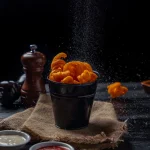 How To Edit Food Photos For A Professional Finish
How To Edit Food Photos For A Professional Finish  7 Reasons To Invest In Luxury Residences In Dubai
7 Reasons To Invest In Luxury Residences In Dubai 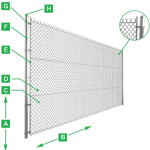 The Versatility Of Chain Link Fences In Modern Design
The Versatility Of Chain Link Fences In Modern Design 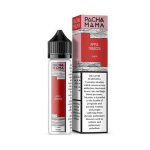 A Guide To Finding The Perfect Vape Flavor
A Guide To Finding The Perfect Vape Flavor 